

Over the past decade, many educators have observed a troubling trend: biting, pushing, and other aggressive behaviours among toddlers are increasingly normalized as developmental inevitabilities. While it’s true that young children often lack the verbal tools to express frustration or overwhelm, the sector’s growing tolerance for these behaviours—without deeper investigation or family collaboration—raises serious concerns about safety, equity, and emotional wellbeing.
Here’s how Physical Development, Cognitive & Language Development, and Social & Emotional Development for 12 to 24 months align with the Early Years Learning Framework (EYLF).
STEM (Science, Technology, Engineering, and Mathematics) education for toddlers is all about fostering curiosity, problem-solving, and hands-on learning through play. Early exposure to STEM concepts helps build foundational skills that support cognitive development and creativity. The following article provides information on Ways to Introduce STEM to Toddlers, STEM Activities For Toddlers, STEM Materials, STEM Goals, Linking EYLF To STEM and more.
Documenting infant and toddler learning is a vital practice that captures the essence of their developmental journey. It involves observing, recording, and reflecting on their actions, interactions, and milestones to make their learning visible. The following article provides information on: Importance Of Documenting Infant and Toddler Learning and Development, Showcasing Infants and Toddlers Learning and Development, Documenting Infant and Toddler Milestones, Linking Infant and Toddler Learning To The EYLF and more.
The following provides a list of outdoor activities for babies and toddlers that promote sensory exploration and interaction with the natural environment. It also includes linking to the EYLF and the benefits of outdoor play for babies and toddlers.
Supporting a toddler with challenging behavior requires a combination of strategies and resources tailored to their developmental stage. The following article provides information on Strategies To Support Toddlers With Challenging Behaviour, Positive Reinforcement For Toddlers, Teaching Emotional Regulations To Toddlers and more.
Among the most challenging transitions in early childhood is when children start staying away from their parents for longer periods of time than they have been used to till then. For Educators caring for babies and toddlers who are having a particularly bad time leaving their parents, the following article provides information on What Is Separation Anxiety, Factors that Can Cause Separation Anxiety, Separation Anxiety Signs, How To Manage Separation Anxiety When To Seek Help and more.
Emotional or physical distress can add to the challenges of caring for children in a service setting. Toddlers' brains are not yet developed to rationalize situations and regulate the emotions they feel. The following article provides strategies you can use to comfort and soothe a toddler.
Biting is typical behaviour of infants and toddlers that we often notice. As the children grow up and gain self-control and self-regulation, gradually they stop biting. The following article provides information on Common Reasons For Biting, Responding To Biting, Strategies and more.
ANZAC Day is commemorated on 25th April and is one of the most important national commemorative occasions in Australia, marking the anniversary of the first major military action fought by Australian and New Zealand armed forces during World War One. Learning about ANZAC Day helps young children to understand the life and times of Australia and its people. The ceremony and traditions are such an integral part of our culture that it gives us an opportunity to talk to children about the importance of ANZAC Day.
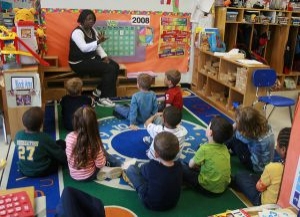 Working as a childcare professional can be a challenge especially when dealing with behavioural problems which may arise. The techniques we use when dealing with… Read More
Working as a childcare professional can be a challenge especially when dealing with behavioural problems which may arise. The techniques we use when dealing with… Read More
 There are different types of behaviour that children can display and sometimes it can be hard to manage, especially if a child is having behavioural… Read More
There are different types of behaviour that children can display and sometimes it can be hard to manage, especially if a child is having behavioural… Read More
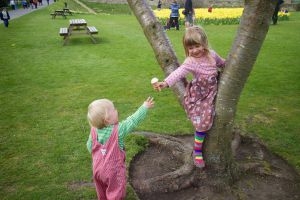 As a parent, your behavioural expectations of your child can be higher than what is actually developmentally appropriate for your child's age.
Read More
As a parent, your behavioural expectations of your child can be higher than what is actually developmentally appropriate for your child's age.
Read More
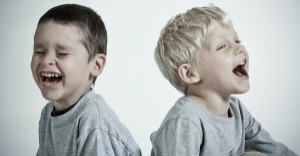 As Educators, there will be many instances where you will need to write about a child's behaviour. For a behaviour management plan, assessments, half-yearly or… Read More
As Educators, there will be many instances where you will need to write about a child's behaviour. For a behaviour management plan, assessments, half-yearly or… Read More
 As Educators when communicating with Parents (through verbal or non-verbal communication), there will be times where we need to discuss issues or concerns that may… Read More
As Educators when communicating with Parents (through verbal or non-verbal communication), there will be times where we need to discuss issues or concerns that may… Read More
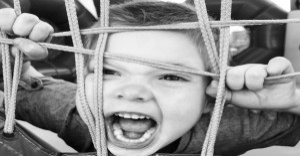 Challenging Behaviour is when a child does something that hurts themselves and/or other people.
Read More
Challenging Behaviour is when a child does something that hurts themselves and/or other people.
Read More
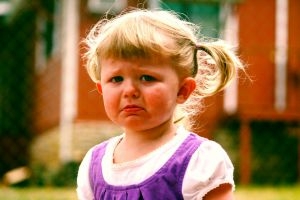 As part of your child's development it is normal for your child to have anxiety and fears. A baby commonly shows a fearful sign to… Read More
As part of your child's development it is normal for your child to have anxiety and fears. A baby commonly shows a fearful sign to… Read More
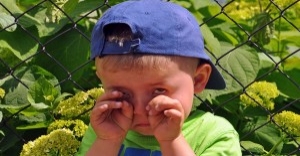 It's always difficult to bring up behavioural issues with parents, it can be nerve wrecking to tell a parent that their child misbehaves but that… Read More
It's always difficult to bring up behavioural issues with parents, it can be nerve wrecking to tell a parent that their child misbehaves but that… Read More
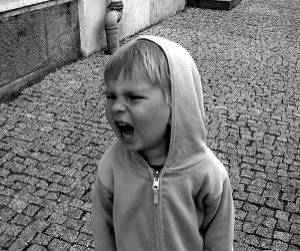 All children deal with anger on a daily basis. Thinking about it as a child, there is a lot to be angry about. Elder people… Read More
All children deal with anger on a daily basis. Thinking about it as a child, there is a lot to be angry about. Elder people… Read More
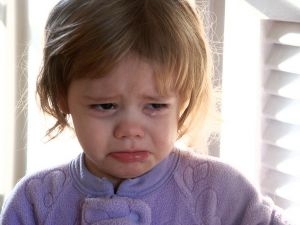 It is important to understand that your child behaviour problems could not just be from attention seeking. There are many factors to take into consideration… Read More
It is important to understand that your child behaviour problems could not just be from attention seeking. There are many factors to take into consideration… Read More
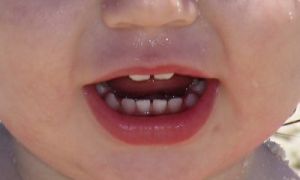
As soon as your baby's first tooth emerges and followed by the rest of the...
See more...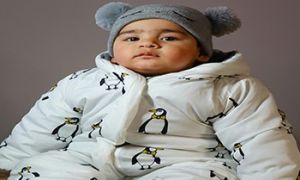
Cold weather play encourages resilience and adaptability, helping children explore their environment in new ways...
See more...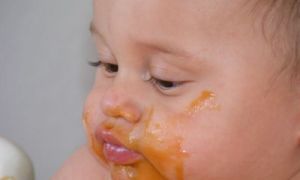
What an exciting time... your baby is finally moving on from milk to solids. This...
See more...© 2009-2025 Aussie Childcare Network Pty Ltd. All Rights Reserved.

